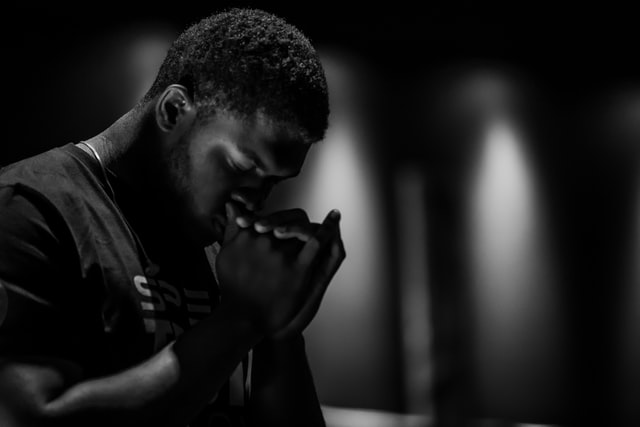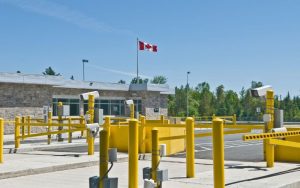Today’s article is part of Brother Frank Natoli’s guest column on the Seven Feasts of Israel.
The Day of Atonement is a type and shadow of destruction
- Leviticus 16: 23:10-32: Numbers 29:7-11
- Occurs on the 10th day of the seventh month
The day of atonement, referred to in Hebrew as Yom Hakippurim (or simply Yom Kippur) meant “the day of the covering or pardon.” This national day of humiliation was the only mandatory fast required by the Law of Moses. It was a time of solemn reflection, confession, and repentance for all of Israel. It also served as a regular reminder of Israel’s inability to make any atonement for itself regarding its sin.
The Day of Atonement was a fearful day for the Jews, as they literally lived or died according to God’s will based on their obedience to the Law. On this day, the high priest entered the Holy of Holies, a special room set aside for this purpose within the Tabernacle, to make an animal-blood offering before the presence of God Himself, thus atoning for or covering the sin of the people. If the High Priest was not truly repentant, then he would not survive.
Strict adherence to the Law was absolutely necessary by everyone. The slightest violation, such as working on this day or not fasting could result in being cut off from God’s people, no longer being one of God’s chosen.
Troubled Times Foretold
This provides an excellent type and shadow of the impending destruction that has been prophesied in scripture and by revelation accepted by the Church (Joel 3:12-15; 3 Nephi chapters 21 and 22). As the latter-day events roll forward in preparation for Zion, a destruction will come upon the face of this land if the people do not repent (3 Nephi 20:22; 21:14-22).
At that time of destruction, the disciples of Christ will also be faced with their spiritual preparedness. However, the Lord has stressed to His followers, throughout the ages of time, “fear not” (Luke 12:32). This promise is afforded to all those who serve Him, as illustrated by 1 Nephi 22:17:
“Wherefore, He will preserve the righteous by his power, even if it so be that the fullness of his wrath must come, and the righteous be preserved, even unto the destruction of their enemies by fire. Wherefore the righteous need not fear; for thus saith the prophet, they shall be saved, even if it so be as by fire.”
It’s interesting to note, in this passage, that the fire which will destroy the wicked is the exact same means by which the righteous shall be saved, “that is by fire.” Those who are disobedient and trifle with God’s word will find themselves cut off from His chosen people (2 Nephi 1:20, Mosiah 2:9), but those who have followed the Lamb will be spared.
As a reminder, the survivors of the destruction (as depicted in the Book of Mormon, 3 Nephi 9:13, are referred to as the more righteous) and were still required to render obedience to the gospel of Jesus Christ if they had not already done so (John 3:3; 2 Nephi 31). Jesus stands by His word, no matter what the circumstance.
Just as this was not a happy time (or feast day) for Israel, but a solemn day of spiritual accountability and reckoning, so, too, will it be during a time of destruction for those enduring in the latter times.
Keep an eye out next Friday for an up-close look at the Feast of Tabernacles (or Booths).
This article has undergone ministry review and approval.





0 Comments